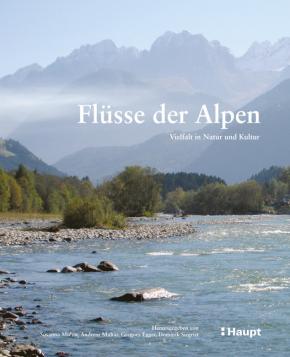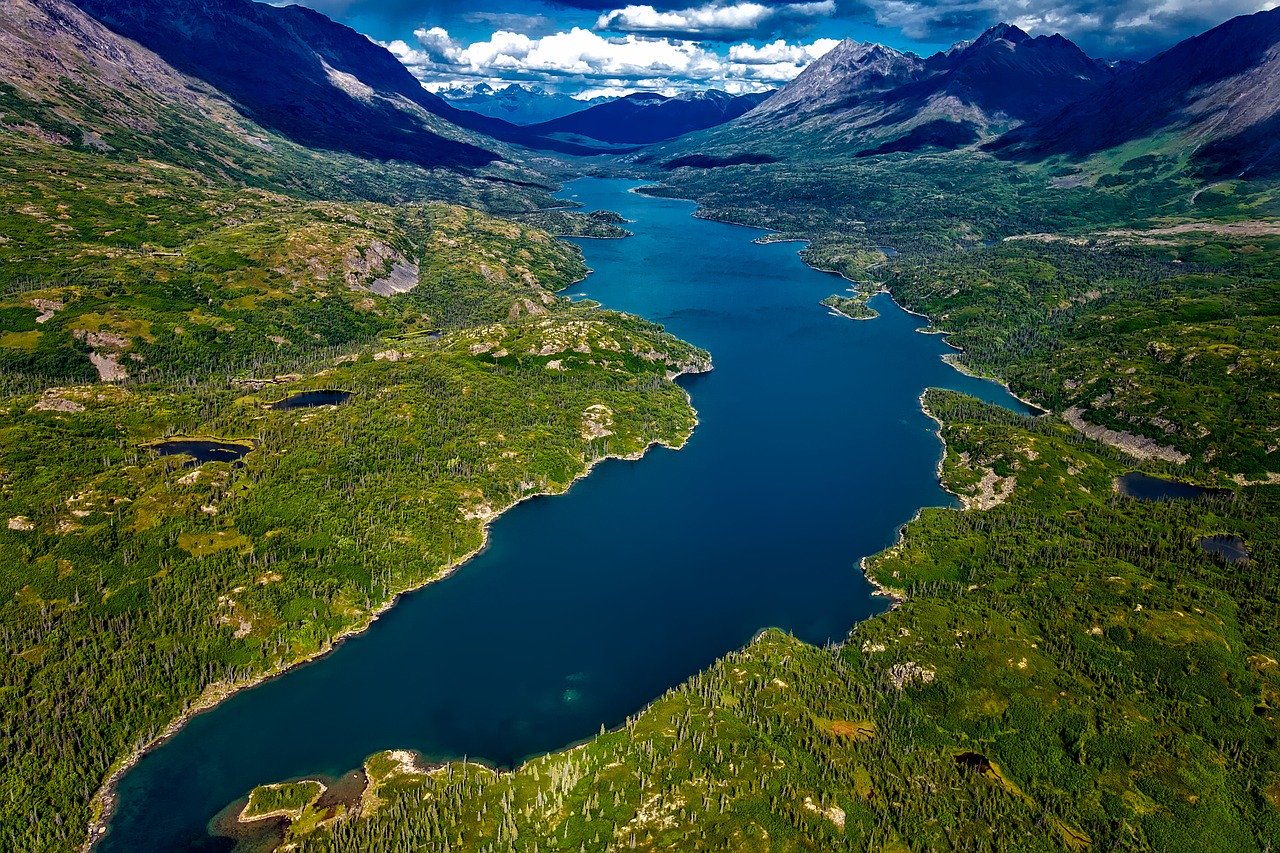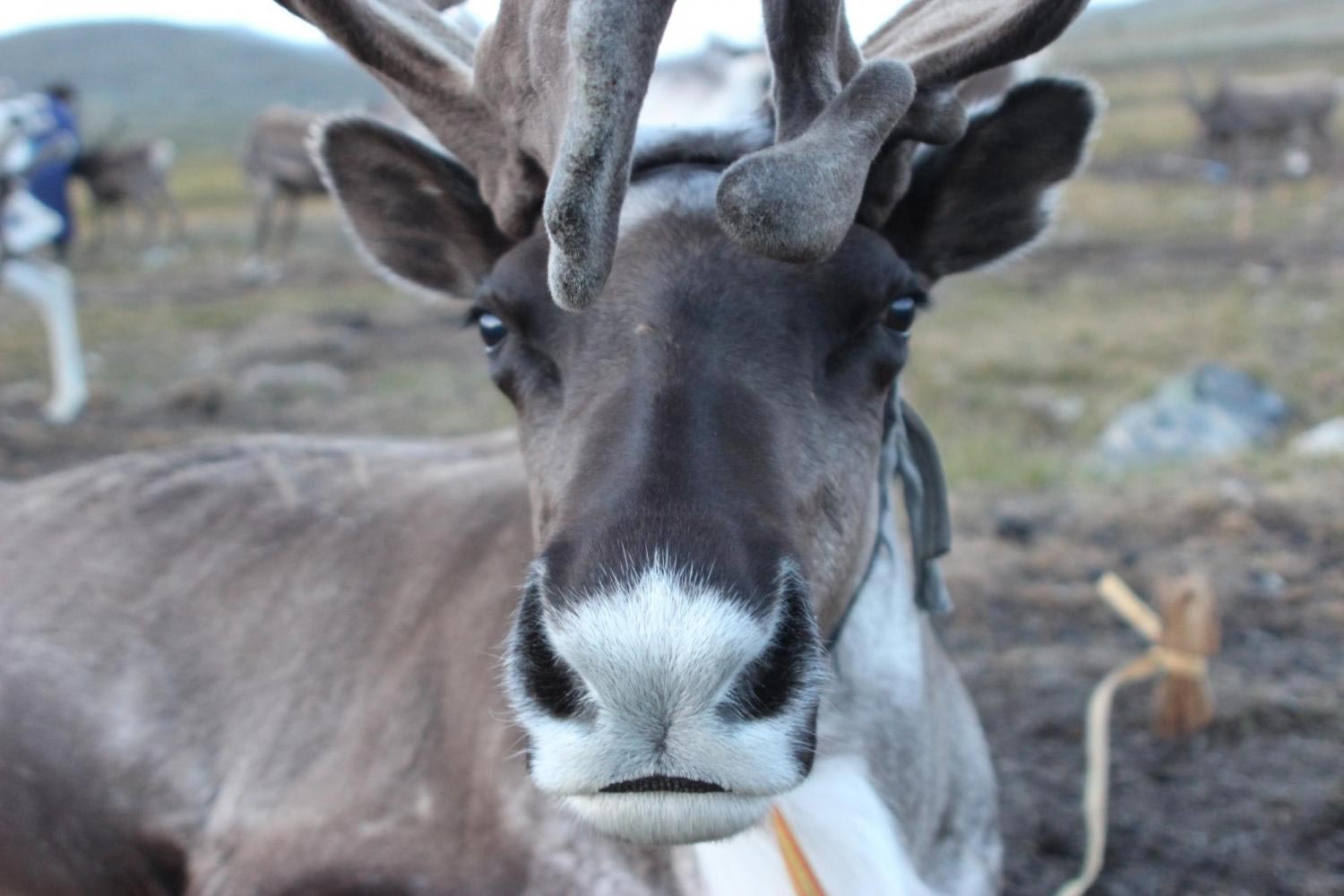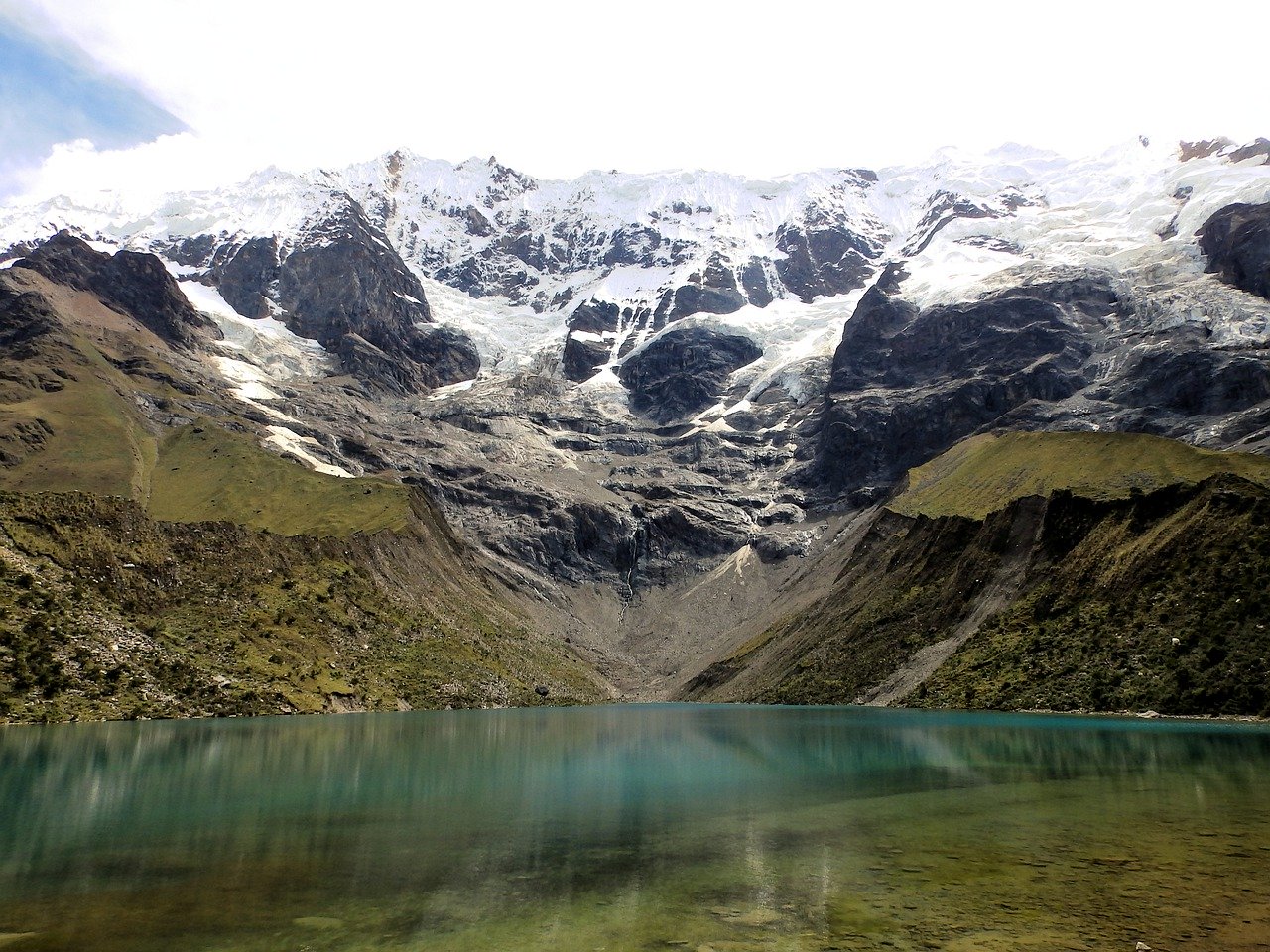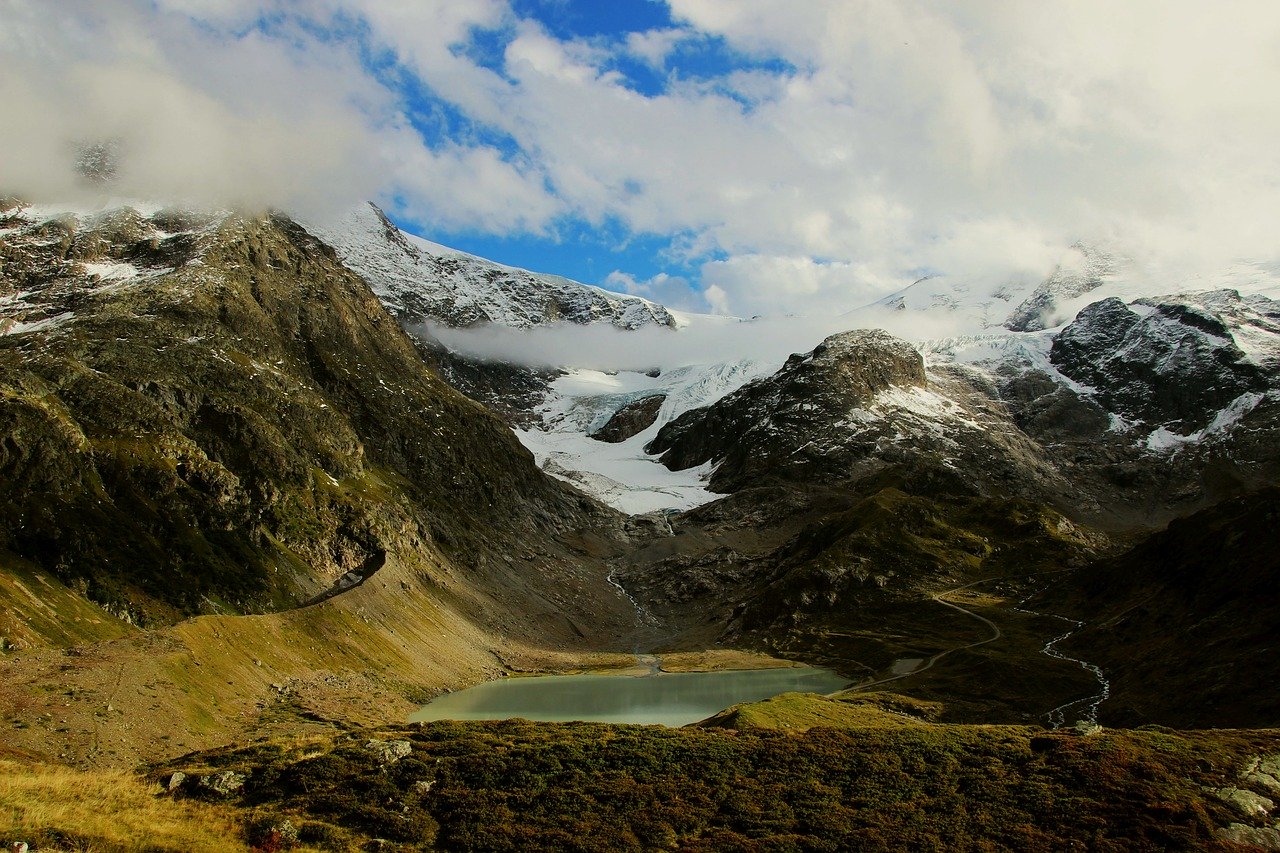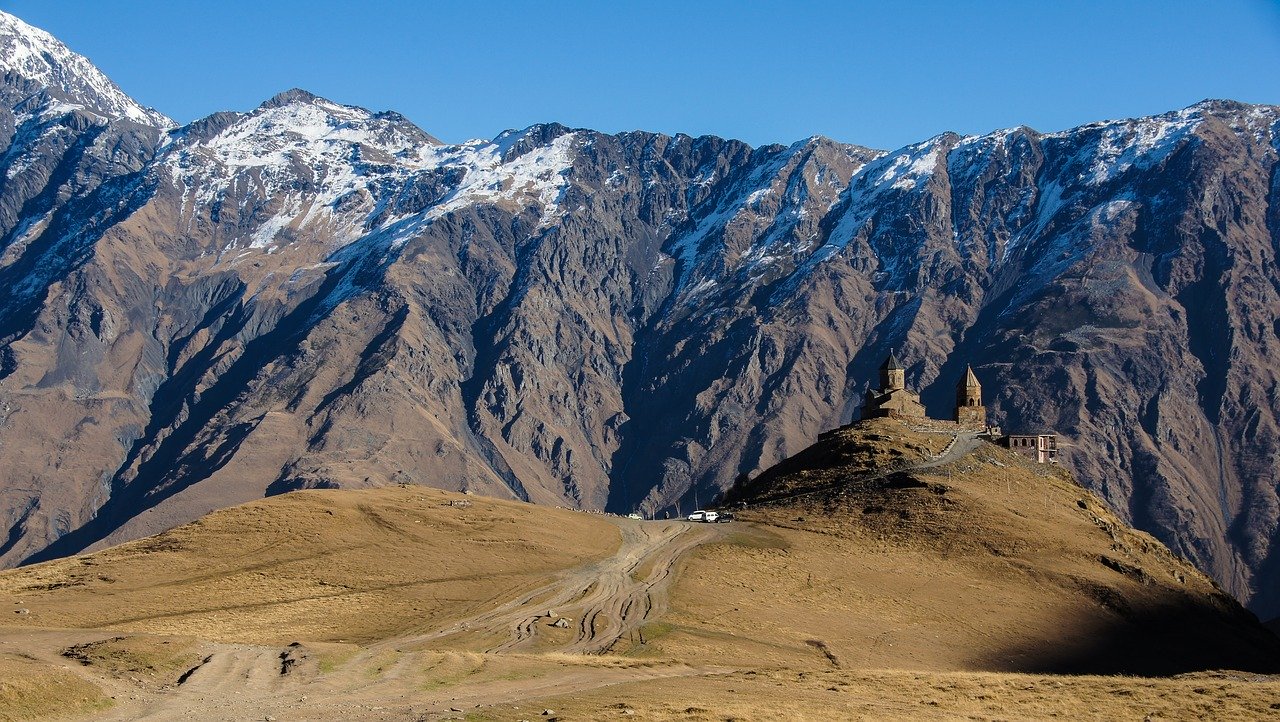News
- Details
- Category: New Publication
Co-authored by MRI SLC member Andreas Muhar and with a contribution from MRI Co-PI Rolf Weingartner, this richly illustrated publication presents the result of a major geographic project with contributions by more than 140 experts from six Alpine countries.
The landscapes of the Alps are substantially shaped by their rivers - human use of the Alpine region is closely linked to the challenges of dealing with rivers and streams. This book offers a vivid and comprehensive survey of the manifold ways in which Alpine rivers are important from a range of different perspectives.
- Details
- Category: MRI News
During GEO Week 2019, a workshop focused on GEO initiatives’ contributions to assessing ecosystem changes and vulnerabilities due to climate change was held. Among the organizers was the MRI co-led GEO Global Network for Observations and Information in Mountain Environments (GEO-GNOME), with the MRI in attendance to represent this important initiative for our changing mountains.
Ecosystems face multiple stressors from human activities and climate change. In order to address these stressors and sustain ecosystem benefits, evidence-informed conservation, management, and restoration policies are urgently needed. To aid this decision-making, the effective monitoring, modelling, and understanding of the state of and trends in ecosystem conditions, functions, and services under current and future stressors is essential.
- Details
- Category: Global News
New research published in the journal PLOS ONE finds that rising temperatures are causing perennial snowbanks in Mongolia's Sayan Mountains to melt – putting the people and animals they support at risk.
Deep in the Sayan Mountains of northern Mongolia, patches of ice rest year-round in the crooks between hills.
Locals in this high tundra call the perennial snowbanks munkh mus, or eternal ice. They’re central to lives of the region’s traditional reindeer herders, who depend on the snowy patches for clean drinking water and to cool down their hoofed charges in summer months.
Now, a new study led by archaeologist William Taylor suggests that this eternal ice, and the people and animals it supports, may be at risk because of soaring global temperatures.
- Details
- Category: MRI News
The MRI-funded synthesis workshop 'WEATHER' brought researchers from different countries together in Lima, Peru in order to discuss the scope, strengths, and weaknesses of both traditional and innovative survey methods used to study glacier retreat and dynamics in the Andes, and to identify future research priorities.
The Andes contain a great number of tropical glaciers, and the meltwater they supply is an essential resource for people downstream who depend on it for irrigation and sanitation. Understanding glacier processes and implementing adequate science-based adaptation strategies to mitigate the impacts of climate change requires an interdisciplinary approach. The synthesis workshop 'WEATHER: a scientific approach to Water sEcurity and climATe cHange adaptation in pEruvian glacieRs' was an opportunity for investigators from different countries to come together to share their research, methodologies, and objectives, as well as serving as a networking platform for potential collaborations.
- Details
- Category: MRI News
The MRI is supporting a call issued by the Association of Polar Early Career Scientists – in collaboration with other early career associations and networks – for early career researchers from various disciplines to come together to produce a group review of the Intergovernmental Panel on Climate Change Working Group I contribution to the Sixth Assessment Report.
The Working Group I (WGI) contribution to the Intergovernmental Panel on Climate Change (IPCC) Sixth Assessment Report (AR6) is due to be finalized in 2021. The Second Order Draft of the IPCC AR6 WGI report will be open for expert review from 2 March to 26 April 2020.
- Details
- Category: New Publication
This collection of essays highlights how given Alpine territories in Austria, Italy, and Switzerland are currently facing challenges imposed by migration, the barriers and limitations they are encountering, and the extent to which migration triggers policy and territorial innovations that can generate beneficial impacts for both migrants and local inhabitants.
Contributors here include practitioners and social workers who have experimented with innovative reception and integration pathways, as well as researchers with diverse disciplinary backgrounds, including geographers, sociologists, political scientists, social anthropologists, economists, and legal experts. The book draws on empirical and theoretical investigations, research actions implemented within the framework of large EU projects, and exploratory case studies and storylines of welcoming reception initiatives.
- Details
- Category: Global News
Glaciologists at ETH Zurich and the Swiss Federal Institute for Forest, Snow, and Landscape Research WSL assessed the global water storage and hydropower potential that could be freed up in future as glaciers melt in response to climate change.
Global warming will cause substantial glacier retreat for the majority of the world’s glaciers over the next few decades. This will not only spell the end for some magnificent natural monuments, but also importantly affect the water cycle. In high-mountain regions, these ice masses act as reservoirs feeding water to large river systems, and balancing seasonal discharges.
- Details
- Category: MRI News
The Second Caucasus Mountain Forum brought together around 200 scientists, governmental experts, and practitioners to explore opportunities and challenges, and contribute towards the improved coordination of sustainable development in the Caucasus region.
Building on the First Caucasus Mountain Forum (CMF), which took place in 2016, the Second CMF 2019 was held in Ankara, Turkey, from 30 October to 1 November. The event brought together participants from the six countries of the Caucasus Ecoregion, as well as representatives from Austria, Estonia, Italy, Switzerland, Slovakia, Slovenia, Norway, the United Kingdom, and Ukraine. It was hosted by the Department of Geography at Ankara University, and co-chaired by MRI Chair Jörg Balsiger and Mehmet Somuncu, Director of the Centre for Environmental Studies and Head of the Department of Geography at Ankara University. MRI SLC member Andreas Muhar was also in attendance, presenting during the thematic session on 'Education for Sustainable Development.'




